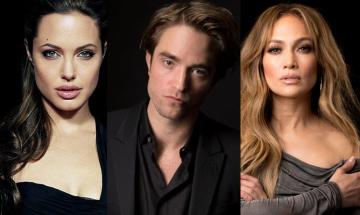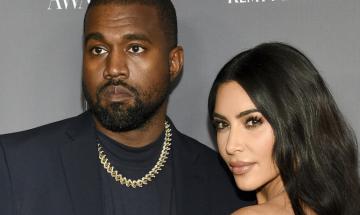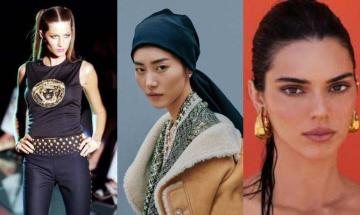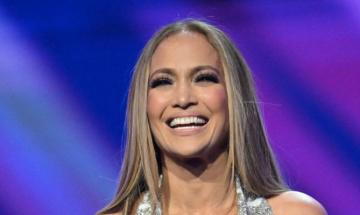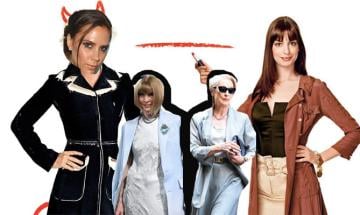Home / Entertainment
Emerald Fennell’s ‘Wuthering Heights’ and the imposing presence of modern discourse
‘Wuthering Heights’ by Emerald Fennell is poised for release next year
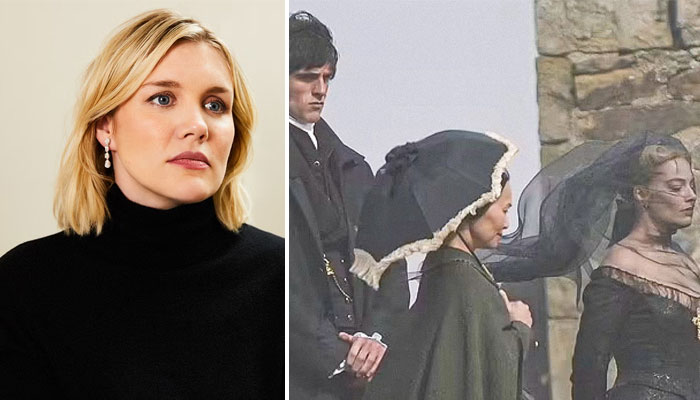
Actress and filmmaker Emerald Fennell announced her next venture to be a brand new adaptation of Wuthering Heights, the classic romance by the celebrated Victorian author Emily Bronte.
Almost immediately after news broke about the upcoming project and the cast chosen to be a part of it, social media was set ablaze by majority upset users for varying reasons.
Margot Robbie and Jacob Elordi being cast as the doomed gothic couple, Catherine Earnshaw and Heathcliff, drew the wrath of those who thought that in the latest calendar year, we are way past casting actors who do not fit the age and race criteria of characters from a novel which defines and dictates their actions by these very traits.
For those unversed, Robbie has been cast as 18-year-old Catherine at her age of 34 years, while Elordi is slated to play a character who is described as being dark-skinned in the source novel.
“If you haven't read ‘Wuthering Heights’, please do it now. Don’t let Emerald Fennell’s adaptation be your first impression of it,” wrote one user on X (formerly Twitter).
While another went as far as to say, “Jacob Elordi is a freak for agreeing to play Heathcliff in the first place because even a child reading ‘Wuthering Heights’ knows Heathcliff is not supposed to look like that.”
Though Heathcliff is indeed described as a “dark-skinned gypsy” with “black eyes” in the novel, the character itself has been largely portrayed by white actors over the years, including Laurence Olivier, Ralph Fiennes, and Tom Hardy, among several others.
It is agreed upon and pointed out in most critical analysis of Bronte’s only literary work that Heathcliff was treated poorly by his adoptive family, the Earnshaws, due to his dull skin tone and subsequently, his race.
Therefore, however righteous, the intention for fulfilling the responsibility for Heathcliff’s race comes with its own separate political connotations.
Along with the aforementioned descriptions, Heathcliff is also described as possessing a “half-civilised authority” in the book, directly pertaining to the nature of his racial origins and how dark-skinned people were perceived as being naturally uncivilised and unreasonably outraged in the bygone era during which the novel is set.
As most adaptations have chosen to forgo the book’s description in casting of the character, Heathcliff’s characteristic wrath and brooding nature is not associated with his race in modern context, an important distinction.
Meanwhile, a sensitive and acclaimed portrayal of Heathcliff by an actor of colour has already been captured on cellulite, in Andrea Arnold’s 2011 adaptation, also called Wuthering Heights.
Another reworking of the classic romance by a woman director, the British actor played Heathcliff in all his book-accurate glory.
Moreover, the teenage Catherine Earnshaw being played by the Australian actress in her 30s in the future adaptation is hardly a new concept as the character has been portrayed by 28-year-old Merle Oberon in the 1939 adaptation, 30-year-old Juliette Binoche in 1992, and another 28-year-old, Charlotte Riley, in 2009, to popular effect.
It would seem that most frustrations about the latest adaptation stem from a culture of online discourse which seldom contains itself from churning out opinions before the advancement of any given concept and is rarely equipped with enough knowledge regarding subjects it is so opinionated about.
X users have also been against the idea of ‘Wuthering Heights’ being a romance, given its politically incorrect nature.
“‘Wuthering Heights’ is not a romance, it’s a story of cruelty and misplaced passion and revenge and how abuse can destroy souls and poison communities,” read part of one tweet on X, which also criticised the casting for the reason that it “does not inspire confidence that the director understands this.”
This overly certain regard to one’s personal opinions without engaging with why the source material, which is unanimously categorised as a romance, makes one uncomfortable overall is the root of unfair criticism, typical of modern discourse.
“Just want to get in here real quick and say that wuthering heights is indeed a story of cruelty and misplaced passion and revenge and how abuse can destroy souls and poison communities and ALSO IT'S A ROMANCE. it's all those things,” read a separate tweet in reply to the aforementioned one. (Sic)
“like both of these people are deeply sh**** and broken, but god damn if they're not in love,” the same user also wrote.
Nevertheless, while the debate will likely continue to brew, the Emerald Fenell-directed ‘Wuthering Heights’ will make its way into theatres on February 13, 2026.
